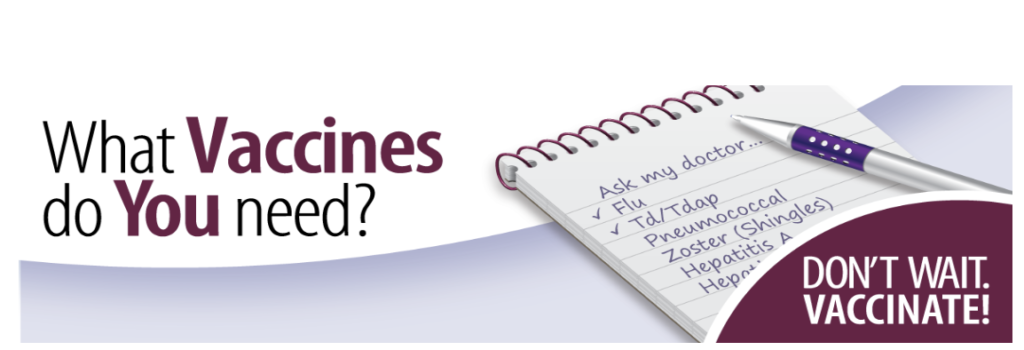
- Pregnant and postpartum women are at higher risk for severe illness and complications from influenza than women who are not pregnant because of changes in the immune system, heart, and lungs during pregnancy…. Influenza vaccination can be administered at any time during pregnancy, before and during the influenza season. Women who are or will be pregnant during influenza season should receive inactivated influenza vaccine (IIV) or recombinant influenza vaccine (RIV).
- Flu shots have been given to millions of pregnant women over several decades with a good safety record.
- Pregnant women should get a flu shot; NOT the live attenuated vaccine (LAIV or nasal spray).
- Postpartum women, even if they are breastfeeding, can receive either type of vaccine.
- There is a lot of evidence to show that flu shots can be safely given to women during pregnancy. CDC and ACIP recommend that pregnant women get vaccinated during any trimester of their pregnancy.
- Pregnant women should receive a seasonal flu shot.
- Influenza is more likely to cause severe illness in pregnant and postpartum women than in women who are not pregnant. Changes in the immune system, heart, and lungs during pregnancy make pregnant women more prone to severe illness from influenza.
- Vaccination has been shown to reduce the risk of flu-associated acute respiratory infection in pregnant women by about one-half.
- Getting a flu shot can reduce a pregnant woman’s risk of being hospitalized with flu by an average of 40 percent.
- Pregnant women who get a flu shot are also helping to protect their babies from flu illness for the first several months after their birth, when they are too young to get vaccinated.
-Dr. Jennifer Jagoe, courtesy of CDC



